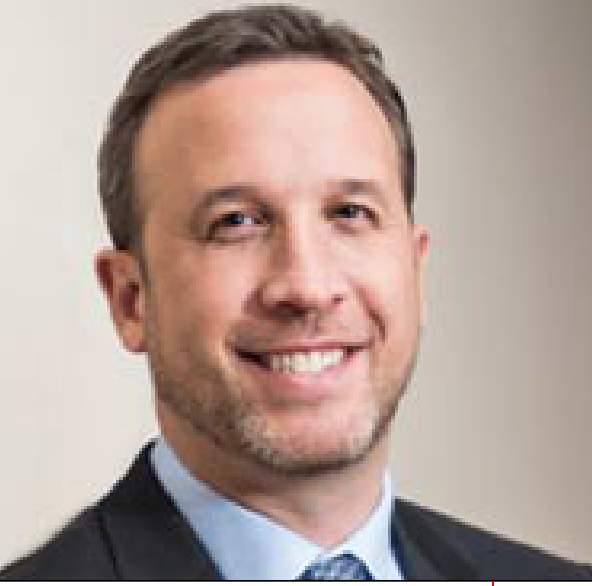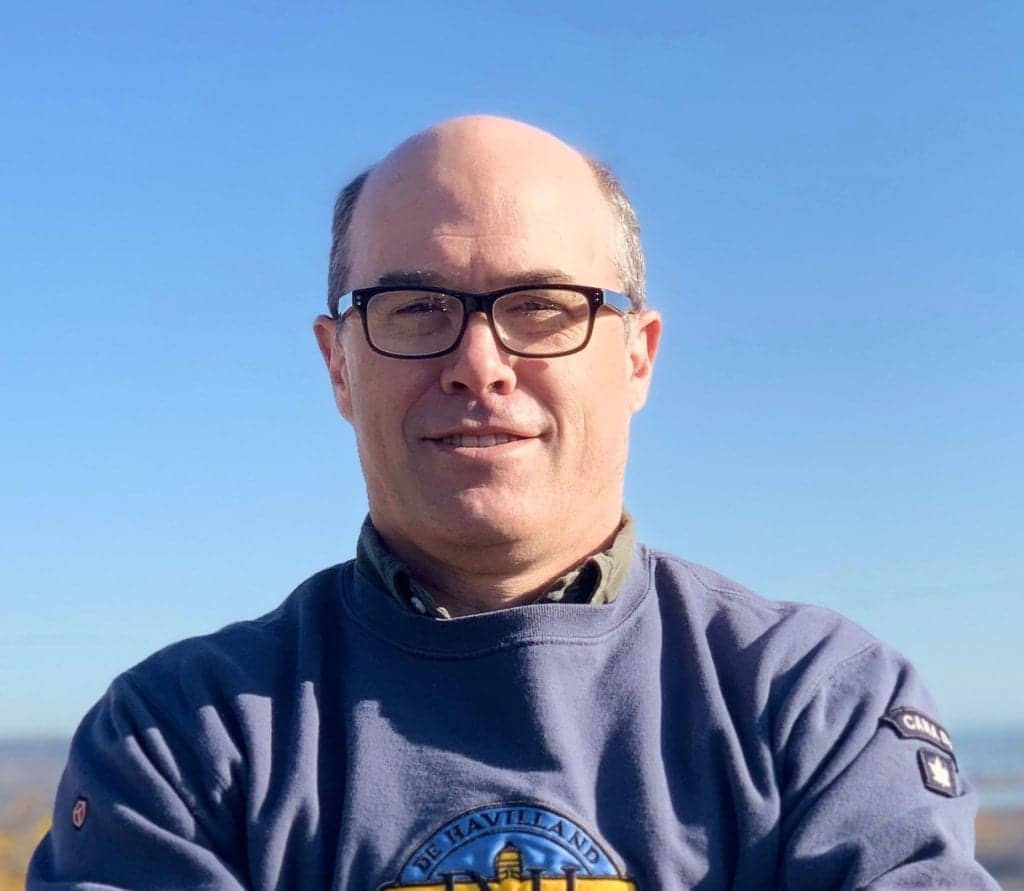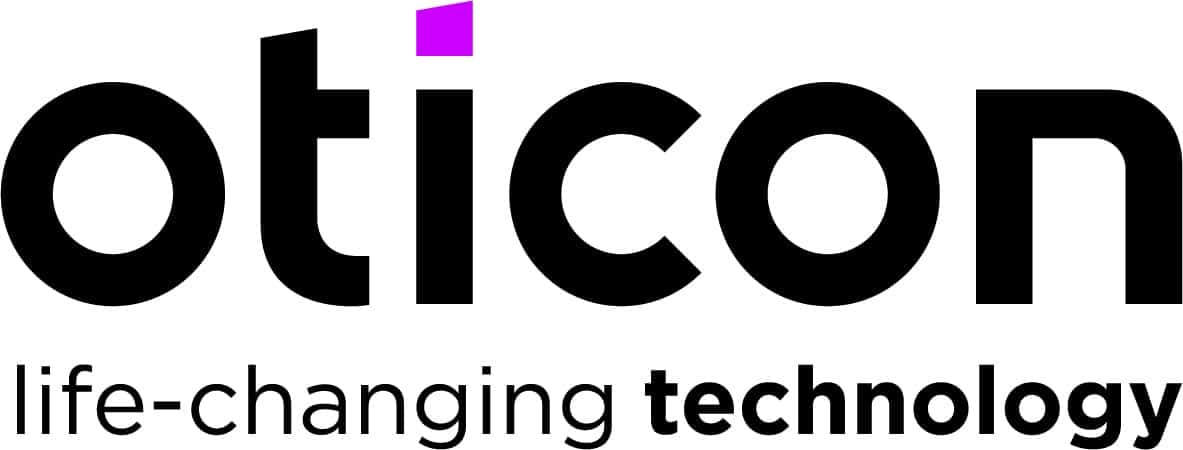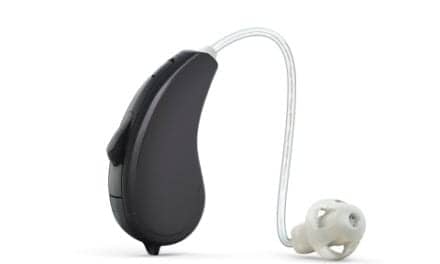Industry Insider | November 2020 Hearing Review
By Karl Strom
Oticon is changing its brand message—but not its philosophy. Earlier this year, the company announced the change of its longtime “People First” branding to “Life-Changing Technology.” Oticon began using “The Human Link” and “People First” mottos in the mid-’90s to remind and solidify with hearing care professionals (HCPs) the role the company and its devices play in the hearing rehabilitation process.
However, as the market—and consumers in general—have evolved in the digital age, so too has messaging about new medical device innovations that deliver meaningful and positive benefits to people with hearing loss. Hearing Review thought it would be an opportune time to catch up with Oticon President Gary Rosenblum and get his thoughts about Oticon’s new branding initiative, as well as the market in general.

HR: Hi Gary. I’m slightly embarrassed to admit this, but I think I was editor of HR way back in the mid-’90s when Oticon and its then-president Peter Hahn introduced “The Human Link” and “People First” concepts. So, besides everything that comes with 25 years of time passing [smile]…what’s changed to prompt the new brand identity and messaging?
Rosenblum: Obviously, we are extremely proud of our heritage of bringing life-changing products to market. We’ve actually been doing that since 1904, and that tradition has strengthened through the decades—especially during the past 25 years! Our expertise in hearing healthcare and its ability to improve the world for people with hearing loss has enabled our success, as well as the success of our professional partners.
But the world is changing faster than ever, and we’re now entering into an era in hearing healthcare where you’ll see an even greater acceleration in technological innovation. It’s also worth noting that the world is changing dramatically in technology outside our industry—from smartphones and smart AI personal assistants like Siri or Alexa, to conveniences like Uber changing the transportation market—shifting basic consumer expectations about products and services in general. And the competition is changing within our current competitive set; we see much more aggressive and more frequent product launches, benefit bundles, pricing, marketing, sales structures, etc. We’re also bound to see new competitors entering our industry once the OTC regulations are finalized, competitors aligning with managed care entities, and competitors linked to other technologies outside our industry. This competitive dynamic, as well as other factors, will influence how hearing aid manufacturers go to market in the future.
HR: With only a few possible exceptions, hearing aid branding has never been as large a factor in our industry compared to other markets. In fact, consumers often struggle to name even one or two brands of hearing aids. Do you think that will be changing?
Rosenblum: Well, I think the ever-increasing savviness of the digitally-oriented consumer calls for us to continue to evolve and strengthen our brand. Over the last decade, we’ve seen our product development teams pioneer new standards in many areas, from improved speech in noise, to the industry’s best sound quality, to BrainHearing, a critical concept rooted in all of our products…
Our future innovations must be even more effective in delivering life-changing benefits, so we of course need a stronger, more distinctive brand presence—a brand that we can all draw upon daily to reach our goals and that steers us confidently into the future in a new way that resonates more enthusiastically with both HCPs and consumers.
HR: Hence the change from “People First” to “Life-Changing Technology”?
Rosenblum: Exactly. After doing some extensive market research on our brand and our market positioning, we found the “People First” tagline—while very reflective of what we do and how we act (and will always act) as a company—doesn’t necessarily describe who Oticon is in a total or comprehensive way to everyone.
Of course our products are designed for people, and our number-one priority has always been people. And, of course, our Demant company values are about life-changing hearing health. So “People First” doesn’t necessarily address what Oticon is known for completely: Life-Changing Technology. We are, in fact, a technology company in a healthcare industry that is extremely competitive, and much of our success—now and in the future—revolves around what we have to offer in hearing technology. So, we need to reinforce to both HCPs and consumers that our value proposition is life-changing technology.
We’ve always been “People First” and will remain focused on this important concept. The new branding now better reflects what we’re known most for: hearing technology that is driven by Oticon’s audiological superiority as well as our patient-centric heritage.
HR: In the last couple years, Oticon has developed what many would consider breakthrough technology in hearing in noise with Oticon Opn and Opn S, as well as, for example, addressing the idea of reducing listening effort and better cognitive performance with your BrainHearing branding. Any plans to change this?
Rosenblum: No. Oticon Opn and OpnS are devices that have established an industry standard: using Oticon technology to address important healthcare needs that hearing science is continually revealing—most recently in the cognitive realm, and how hearing aids might literally improve cognitive processing by freeing up resources in the brain that were previously being used to understand speech. So no, we don’t want to lose sight of BrainHearing. This has been a really important message for us and will almost certainly become more important as new science emerges in this area.
HR: Do you think the hearing industry, and hearing aid manufacturers specifically, are being forced to become more consumer-facing with their messaging? In this era of digital communications, it’s obvious that a lot of consumers are going directly to the manufacturers’ websites to find out details about your products, right?
Rosenblum: Well, that’s certainly true. But Oticon feels that our primary outreach is to the hearing healthcare professional. Most companies invest in some consumer advertising, but the majority of our commercial investment to promote our products—whether that’s marketing, sales, or education—focuses on the HCP, because quite frankly that’s who is working with and dispensing our products.
Of course, we want people walking into audiology clinics and asking for Oticon products by name. Absolutely. That’s the traditional “pull” type of marketing activity hearing aid manufacturers have always employed. I think it will definitely be helped by our new positioning. In some ways, it’s also a reminder of what we’ve always brought to the table: namely, that we work with audiologists and hearing aid specialists to provide the technology and audiological science that keeps them at the forefront of positively changing lives.
HR: It’s interesting that we once had companies that might not necessarily have self-identified as “technology companies.” But the hearing industry is in, for the most part, a technology race. Would you agree?
Rosenblum: I don’t think there’s any question that technology leadership is needed to guide and win our future. This was revealed by our market research; in order for Oticon to be successful, we have to win on technology. We have to be the leader there. It’s also important to realize that, although the audiological components like sound quality, hearing in noise, comfort, and these types of factors may be most important, it’s really about being first-in-class in many areas: connectivity, rechargeability, programming software, etc. All that falls under technology leadership.
HR: It occurs to me that there may be “conspiracy theorists” who think this is a move in preparation for the OTC market. What would you say to them?
Rosenblum: Well, that’s not the intention. Oticon remains committed to doing whatever we can to make our professional partners succeed. But the market does demand that we become more front-facing to consumers—for both our success and for the success of HCPs. We’ve always been driven by two fundamental beliefs: being people-centric and our audiological or scientific edge which is best expressed by the word “technology.” In our branding, we need for anyone considering our products to know Oticon is the technology leader, and that our technology will fundamentally change their lives for the better. That’s what “Life-Changing Technology” means. So, the evolution of our brand needs to embrace and display both.
And let’s face it: even for people who are new to the field of hearing healthcare, I’m not sure how easy it is to understand “People First.” If you’re a hearing care professional, “People First” seems pretty self-evident. That’s what you do. Your patients are obviously first. If you think about some classic brands, you have taglines like Nike’s “Just Do It” or Disney’s “The Happiest Place on Earth.” The branding evokes an image in the mind of the consumer or HCP. For example, when you think of Volvo, the first thing you think about is safety. They make fantastic cars, even sporty cars, but safety is the simple one-word explanation of what they’re known for. With branding, you need to shape your message in a way that doesn’t take a lot of effort to explain.
Again, this is going to be our brand for the foreseeable future in a technology-driven market where the market leader will be defined by their product technology. “Life-Changing Technology” is more to the point and less obtuse than “People First,” because it’s clear and evokes what we offer. It encourages the consumer and our professional partners to move into the direction they need to go.
HR: Gary, thanks for your time and thoughts on marketing, and Oticon’s new “Life-Changing Technology” branding. It’s always great talking with you.
Rosenblum: Same here. Thank you, Karl.

Karl Strom is Editor in Chief of The Hearing Review and has been reporting on hearing healthcare issues for over 25 years
Original citation for this article: Strom K. Oticon shifts brand identity to ‘life-changing technology’: An interview with Gary Rosenblum. Hearing Review. 2020;27(11):38-40.




